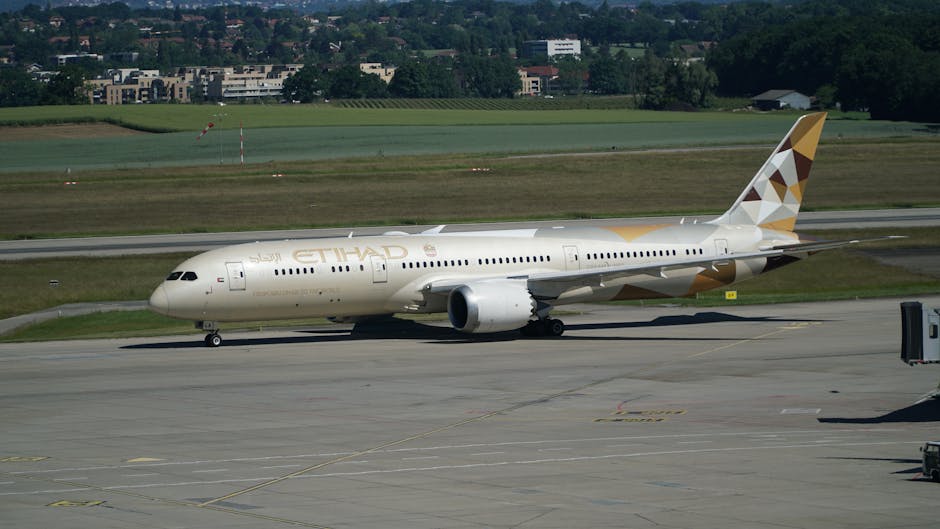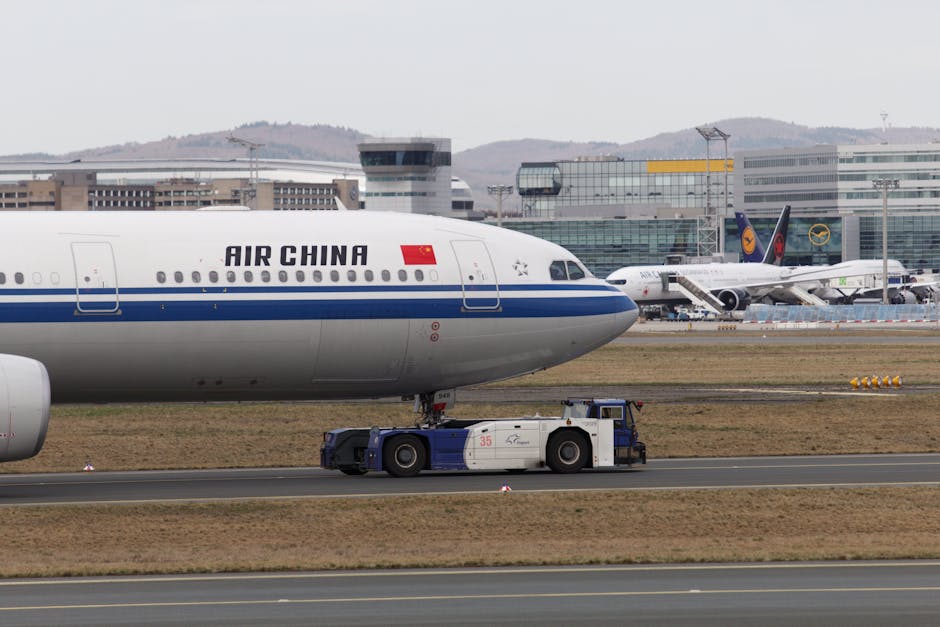The Persistent Rumors: Did Elon Musk Acquire Boeing?
The question, “Did Elon Musk buy Boeing?” has circulated widely across online forums, social media, and even mainstream news outlets, sparking considerable speculation and intrigue. The sheer audacity of the idea—the visionary behind Tesla and SpaceX potentially taking over one of the world’s largest aerospace giants—is enough to capture the public imagination. However, despite the rampant rumors, there’s no credible evidence to suggest that Elon Musk has, in fact, acquired Boeing.
Understanding the Speculative Nature of the Rumors
The rumors surrounding a potential Elon Musk-Boeing acquisition are often fueled by several factors. Firstly, Musk’s history of ambitious and unconventional business ventures lends itself to such speculation. His track record of disrupting established industries with innovative technologies makes the idea of him taking on the aerospace giant seem less far-fetched to some. Secondly, the current landscape of the aerospace industry, characterized by evolving technologies, fierce competition, and fluctuating market demands, adds to the sense of uncertainty and opens the door for such rumors to take root.
Moreover, the online ecosystem plays a significant role in amplifying these rumors. Misinformation spreads rapidly on social media, often without proper fact-checking or verification. Sensational headlines and clickbait articles further contribute to the dissemination of inaccurate information, creating a snowball effect that makes it difficult to discern fact from fiction.
Analyzing the Implausibility of an Acquisition
While the idea is captivating, several factors make a secret acquisition of Boeing by Elon Musk highly improbable. The sheer scale of such an undertaking would be monumental. Boeing’s market capitalization is in the hundreds of billions of dollars, requiring an unprecedented financial commitment. Secrecy on this scale would be virtually impossible to maintain, given the extensive regulatory oversight and stakeholder involvement in any major corporate acquisition.

Financial and Legal Hurdles
Acquiring a company like Boeing involves navigating a complex web of legal and financial procedures. Antitrust regulations would be a major consideration, given the potential for monopolies and market distortions. Regulatory bodies in various countries would scrutinize such a significant transaction, ensuring it doesn’t harm competition or consumer interests. The process itself would be incredibly lengthy and involve numerous legal and financial professionals. Any hidden acquisition would inevitably leak during this extensive due diligence and approval process.
Musk’s Current Business Focus
Elon Musk’s attention and resources are currently focused on his existing enterprises: Tesla, SpaceX, The Boring Company, and Neuralink. Each of these ventures demands significant time, capital, and managerial expertise. It’s highly unlikely he would divert his focus and resources to acquire and manage another company of Boeing’s magnitude, especially considering the inherent challenges and complexities involved.

Exploring Potential Acquisitions in Related Sectors
While an acquisition of Boeing by Elon Musk is highly improbable, it’s worth considering potential acquisitions in related sectors that align with Musk’s vision and strategic goals. For instance, smaller aerospace companies specializing in innovative technologies such as electric propulsion, reusable rockets, or advanced materials could be more likely targets.
Focusing on Innovation: A More Realistic Approach
Musk’s track record suggests a preference for disrupting industries through innovation rather than outright acquisition of established giants. This approach allows him to create new technologies and business models from the ground up, with greater control and adaptability.
- Space Exploration: Musk’s SpaceX is already a major player in the space industry, focusing on reusable rockets and space tourism. Acquiring smaller companies focused on advanced propulsion systems or satellite technologies could strategically enhance SpaceX’s capabilities.
- Electric Aviation: With Tesla’s success in electric vehicles, it’s not unreasonable to speculate about future investments in electric aviation. Acquiring companies developing electric or hybrid-electric aircraft would align with this potential expansion.
- Infrastructure Development: The Boring Company’s focus on tunneling and transportation infrastructure could lead to acquisitions of companies specializing in related technologies or expertise.
Separating Fact from Fiction: How to Identify Reliable Information
In the age of misinformation, it’s crucial to develop critical thinking skills and identify reliable sources of information. When encountering claims about major acquisitions, particularly those involving high-profile figures, rely on official statements from the companies involved. Verify information from reputable news sources known for fact-checking and investigative journalism.

Verifying Information from Credible Sources
- Check the source’s reputation: Is the source known for accuracy and journalistic integrity?
- Look for evidence: Does the article provide concrete evidence to support its claims, such as official statements or verifiable documents?
- Cross-reference information: Confirm the information from multiple reputable sources to ensure consistency.
- Be wary of sensationalism: Sensational headlines and exaggerated claims often indicate unreliable sources.
Conclusion: The Future of Aerospace and Elon Musk’s Role
While the rumor that Elon Musk bought Boeing is unfounded, the speculation highlights the public’s fascination with his visionary approach and the potential for disruption in the aerospace industry. Although a direct acquisition of Boeing is highly unlikely, Musk’s influence on the industry through innovation and strategic acquisitions within related sectors remains a significant factor to watch. The future of aerospace is undoubtedly changing, and Elon Musk is undeniably a part of that evolving landscape. Continued advancements in space exploration, electric aviation, and other related technologies will shape the trajectory of the industry for years to come.
Ultimately, separating fact from fiction requires critical thinking and a reliance on credible sources. It’s crucial to approach such speculative claims with healthy skepticism and focus on reliable information to understand the true dynamics of the aerospace industry and Elon Musk’s role within it.

